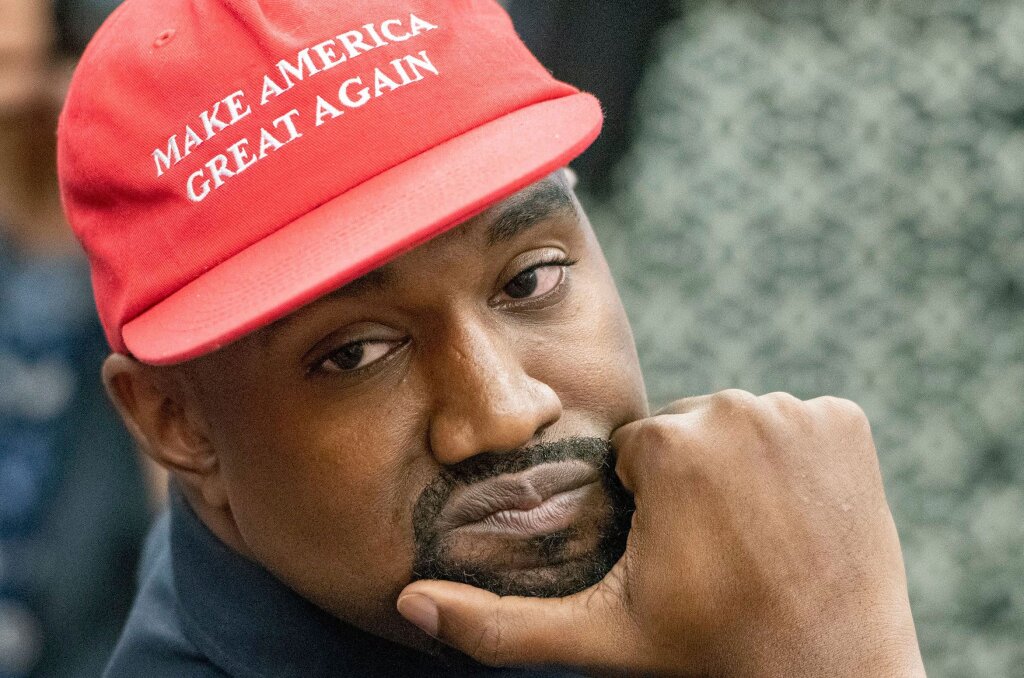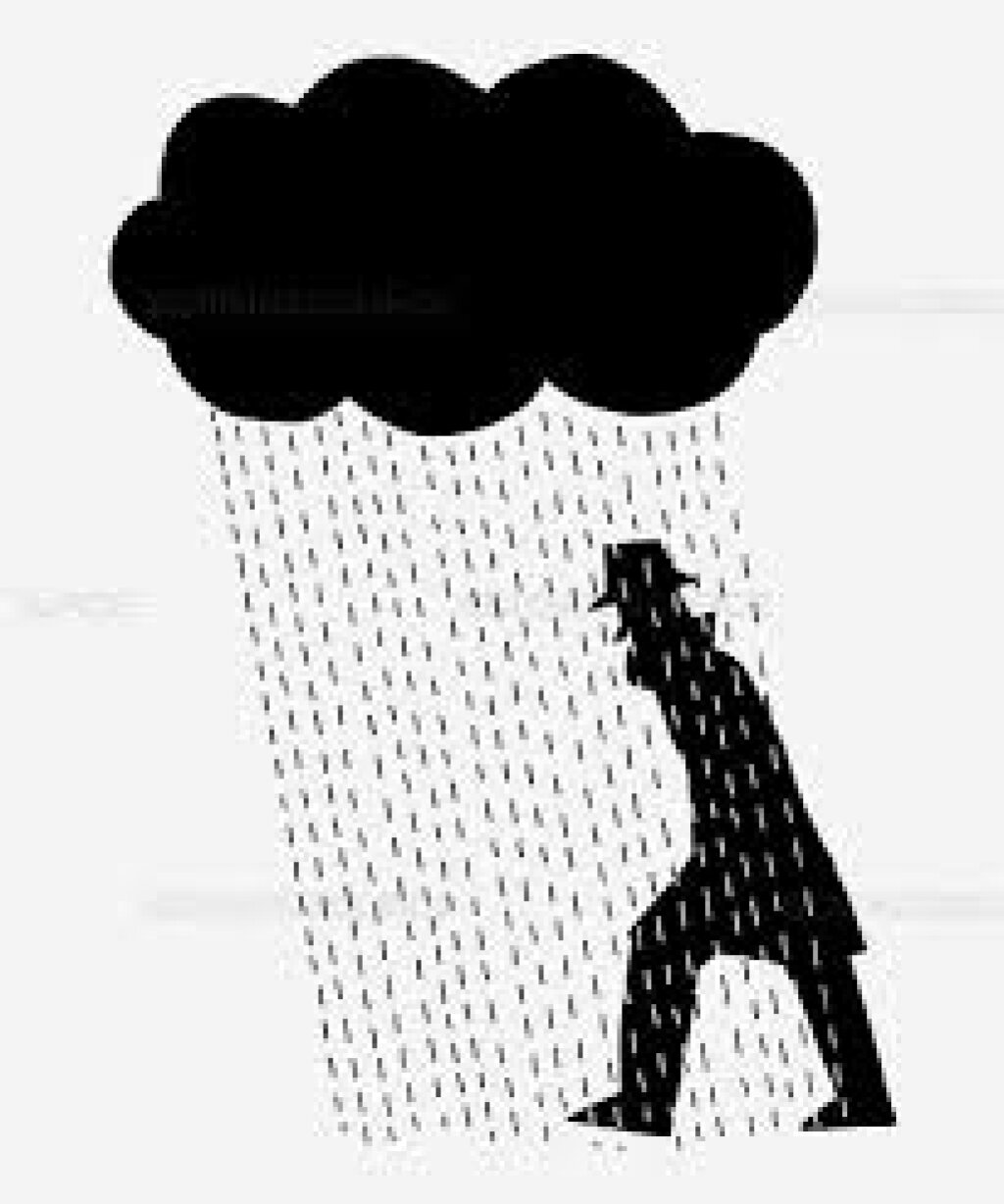Caroline Lemak Brickman is a PhD candidate in the Department of Slavic Languages and Literatures at UC Berkeley, completing a dissertation on twentieth-century Russian lyric and Greek myth. She is currently teaching part-time in the Department of English at the University of Pittsburgh. The course discussed in this article was taught at Berkeley.
Last summer I taught a freshman composition course devoted to Crime and Punishment and Kanye West’s later albums.
The idea for the course came from a story someone told me about reading her students’ course evaluations at the end of the semester and seeing that one of them had written, “I wish we had read more stuff like Crime and Punishment.”
“But there is nothing else like Crime and Punishment,” she said to me, somewhat indignantly; “it’s the only book of its kind! What else should I have put on the syllabus for him – Turgenev? Nietzsche? John LeCarré?”
Much later I was listening to Kanye’s 2010 album My Beautiful Dark Twisted Fantasy and trying to write about the way one of his verses models intoxicated temporality almost in the terms of a trolley-problem philosophical quandary. I was thinking about whether it was uncommon for rap to weave philosophy into a verse about getting trashed, and that exchange with my colleague came back to me. Could this album be the “more stuff like Crime and Punishment” her student had wanted?
The more I thought about it the truer it seemed, that Kanye was the Dostoevsky of our time. Both artists are politically conservative, vocally Christian, renowned for their virtuosic literary innovations, unrelenting in their critiques of the criminal justice system and the institutions of medicine and mental health, and (though this claim is controversial) unexpectedly and radically feminist, especially with regard to sex work. Both are obsessed with whether one man might become so great that he has total permission to do anything, because total power – and both are obsessed with what the personal price for such greatness may be. To my mind, though, their most significant similarity lies in their passionate commitment to the kind of critique that is only possible in literature: the repeated subjecting of persons and ideas to the ironized whims of narrative, or the punch of a perfect rhyme at the end of a verse.
I started the course with Crime and Punishment and halfway through the novel we began listening to Kanye, and analyzing his lyrics and sound together. The first song I assigned had a very specific thematic connection to the novel: we had just read Part IV, section 4 (Raskolnikov and Sonya; the raising of Lazarus), and I asked my students if they thought this was the beginning of a love plot.
“No,” one said, “I know she’s a prostitute, but I don’t think she’s going to want to be with him – I mean, he’s a murderer.”
There was general agreement among the class that in selecting a delusional criminal without a kopeck to his name as the novel’s protagonist, Dostoevsky had effectively carved out a class of citizen that even a sex worker might reasonably turn down. I cued up Kanye’s track “Hell of a Life” and asked my students to focus on the second verse, which features an exchange between a porn star for hire and a frustrated john:
Tell me what I gotta do to be that guy
[She] said her price go down, [if] she ever fuck a black guy
They zeroed in immediately on the crafty device of using a second-class citizen to voice the social unworthiness of another – figured not in terms of what price he can’t afford, but instead in terms of the effect their affair would have on her value.
The unlikely overlap between Kanye’s and Dostoevsky’s sexual politics – and the relation of those politics to each artist’s broader social critique – interested the class. In response to a comparative assignment, one student found moments in each corpus where a male speaker accuses the female object of his desire of being a sinner. Upon close analysis of both passages, she concluded that in each case the man is actually sinning, and projecting his guilt onto the woman. She finished her paper by arguing: “in the contexts of each moment, ‘sin’ becomes a mere buzzword of sorts, and is utilized simply as a tool to commit the horrific misogyny present.”
In response to the same assignment, another student compared Svidrigailov’s comment that he’s “going to America” right before he kills himself to Kanye’s song “Who Will Survive in America,” concluding that “America” indexes a kind of death or even hell in each passage. I found both of these essays remarkable because they used close literary analysis to get at a truth (or at least a trusim) about the way language works in the world: “sin” is a dogwhistle for masked misogyny at work; America is hell for some people.
As the end of the semester approached, we had a class discussion about Dostoevsky’s religious faith and crisis playing out not only thematically but also narratively, shifting between “godlike” omniscience and more subjective modes of knowledge. In response to this discussion, one student wrote a paper about “Ultralight Beam” – a Kanye song which takes faith in God as its explicit subject matter – in terms of its production. The argument was that – remarkably, for the opening track on a much-awaited album, – Kanye never actually raps a verse on “Ultralight Beam,” taking the more “godlike” role of producer, and “benevolently” offering the stage to others. The student concluded: “Yet for a song that directs the spotlight away from Kanye, his production value leaves his signature all over the song. For his influence to be felt without having to rap at all shows the level of power he has reached: perhaps he really is omnipotent.”



